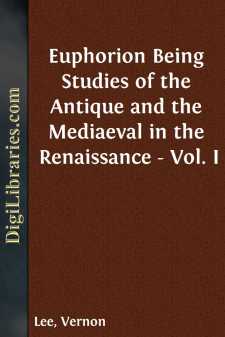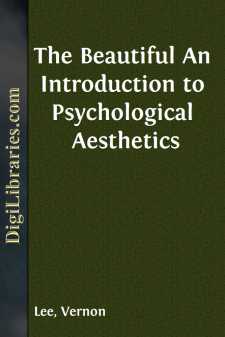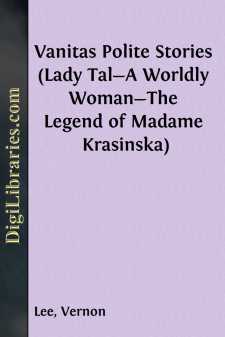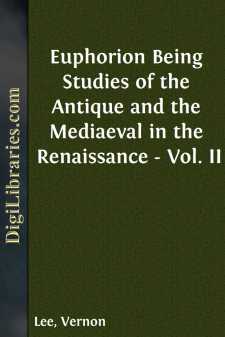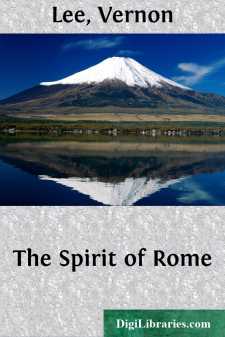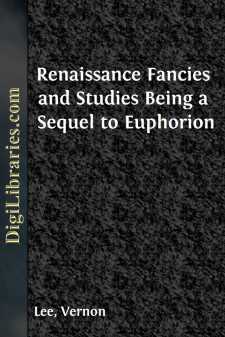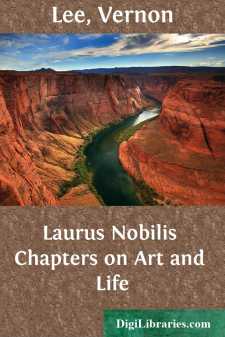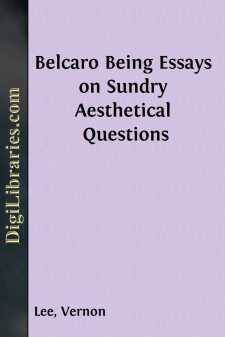Categories
- Antiques & Collectibles 13
- Architecture 36
- Art 48
- Bibles 22
- Biography & Autobiography 813
- Body, Mind & Spirit 142
- Business & Economics 28
- Children's Books 17
- Children's Fiction 14
- Computers 4
- Cooking 94
- Crafts & Hobbies 4
- Drama 346
- Education 46
- Family & Relationships 57
- Fiction 11829
- Games 19
- Gardening 17
- Health & Fitness 34
- History 1377
- House & Home 1
- Humor 147
- Juvenile Fiction 1873
- Juvenile Nonfiction 202
- Language Arts & Disciplines 88
- Law 16
- Literary Collections 686
- Literary Criticism 179
- Mathematics 13
- Medical 41
- Music 40
- Nature 179
- Non-Classifiable 1768
- Performing Arts 7
- Periodicals 1453
- Philosophy 64
- Photography 2
- Poetry 896
- Political Science 203
- Psychology 42
- Reference 154
- Religion 513
- Science 126
- Self-Help 84
- Social Science 81
- Sports & Recreation 34
- Study Aids 3
- Technology & Engineering 59
- Transportation 23
- Travel 463
- True Crime 29
Euphorion Being Studies of the Antique and the Mediaeval in the Renaissance - Vol. I
by: Vernon Lee
Description:
Excerpt
Faustus is therefore a parable of the impotent yearnings of the Middle Ages—its passionate aspiration, its conscience-stricken desire, its fettered curiosity amid the tramping limits of imperfect knowledge and irrational dogmatism. The indestructible beauty of Greek art,—whereof Helen was an emblem, became, through the discovery of classic poetry and sculpture, the possession of the modern world. Mediævalism took this Helen to wife, and their offspring, the Euphorion of Goethe's drama, is the spirit of the modern world.—J.A. Symonds, "Renaissance In Italy," vol. ii. p. 54.
Euphorion is the name given by Goethe to the marvellous child born of the mystic marriage of Faust and Helena. Who Faust is, and who Helena, we all know. Faust, of whom no man can remember the youth or childhood, seems to have come into the world by some evil spell, already old and with the faintness of body and of mind which are the heritage of age; and every additional year of mysterious study and abortive effort has made him more vacillating of step and uncertain of sight, but only more hungry of soul. Postponed and repressed by reclusion from the world, and desperate tension over insoluble problems; diverted into the channels of mere thought and vision; there boils within him the energy, the passion, of retarded youth: its appetites and curiosities, which, cramped by the intolerant will, and foiled by many a sudden palsy of limb and mind, torment him with mad visions of unreal worlds, mock him with dreams of superhuman powers, from which he awakes in impotent and apathetic anguish. But these often- withstood and often-baffled cravings are not those merely of scholar or wizard, they are those of soldier and poet and monk, of the mere man: lawless desires which he seeks to divert, but fails, from the things of the flesh and of the world to the things of the reason; supersensuous desires for the beautiful and intangible, which he strives to crush, but in vain, with the cynical scepticism of science, which derides the things it cannot grasp. In this strange Faustus, made up of so many and conflicting instincts; in this old man with ever- budding and ever-nipped feelings of youthfulness, muddling the hard-won secrets of nature in search after impossibilities; in him so all-sided, and yet so wilfully narrowed, so restlessly active, yet so often palsied and apathetic; in this Faustus, who has laboured so much and succeeded in so little, feeling himself at the end, when he has summed up all his studies, as foolish as before—which of us has not learned to recognize the impersonated Middle Ages? And Helena, we know her also, she is the spirit of Antiquity. Personified, but we dare scarcely say, embodied; for she is a ghost raised by the spells of Faustus, a simulacrum of a thing long dead; yet with such continuing semblance of life, nay, with all life's real powers, that she seems the real, vital, living one, and Faustus yonder, thing as he is of the present, little better than a spectre. Yet Helena has been ages before Faust ever was; nay, by an awful mystery like those which involve the birth of Pagan gods, she whom he has evoked to be the mother of his only son has given, centuries before, somewhat of her life to make this self-same Faust. A strange mystery of Fate's necromancy this, and with strange anomalies. For opposite this living, decrepit Faust, Helena, the long dead, is young; and she is all that which Faust is not. Knowing much less than he, who has plunged his thoughts like his scalpel into all the mysteries of life and death, she yet knows much more, can tell him of the objects and aims of men and things; nay, with little more than the unconscious faithfulness to instinct of the clean-limbed, placid brute, she can give peace to his tormented conscience; and, while he has suffered and struggled and lashed himself for every seeming baseness of desire, and loathed himself for every imagined microscopic soiling, she has walked through good and evil, letting the vileness of sin trickle off her unhidden soul, so quietly and majestically that all thought of evil vanishes; and the self-tormenting wretch, with macerated flesh hidden beneath the heavy garments of mysticism and philosophy, suddenly feels, in the presence of her unabashed nakedness, that he, like herself, is chaste....


